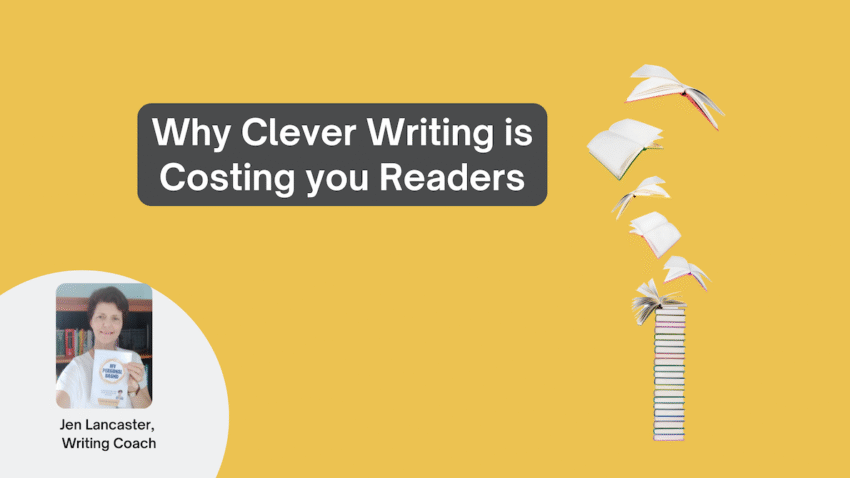It’s good to keep in mind that writing is a habit — and a book is one potential outcome from that habit. So many want to have the outcome, but they haven’t got room in life for the habit, especially if research is also involved.
Let’s take my client BD, a very busy 71-year-old who advises his old business. With overseas trips, interstate trips and 100 family members, he’s got a lot on. His first step involved writing once a week, answering a question on his life (this was a different, automated program). Then he had a weekly or fortnightly call with me for several months to go over small pieces he added to his manuscript. It expanded and I also structured the chronology of events. At the end of nine months, it was almost there. Now just for the final check, pictures and designing part.
BD found it was cathartic and he gained confidence in his ability to write his real stories.
The habit is crucial because it helps you keep on going. Writing is something that needs momentum. Once your head is in the topic and you are taking notes (on ‘Keep Notes’ if it occurs while at the supermarket), you have momentum. Reading on the topic will also help, unless it is a memoir. If you lose this pace because of some difficulty, then you also lose confidence.
But here is the kicker… You only regain writing confidence when you return to writing flow. So rather than judge what you’ve done, use a writing schedule and jump back in.
How much time do others demand — and how much time do you have for yourself?
Writing a book requires a discipline to say no to other non-essential chores, like mopping the floor or going to get groceries. This is why delivery exists! And cleaners usually charge $30-$40 an hour. It’s not a lot for relief of the chore.
Back to writing a book.
For a 40,000-word book, you want to spend about 6+ hours per week on both writing and editing, plus reading. I suggest two sessions is best, but some like to spend all in one go. If you have trouble sifting through research, then use NotebookLm to extract the main points you’re looking for. It’s a big time-saver.
How is writing a process?
I have said it before, there is a process to chapter writing. We start off with a rough plan of a chapter, starting with a topic and a viewpoint of what message it should convey. But, we writers are not sure where it might take us. If the first draft doesn’t make sense or starts to wander, that’s okay.
You will work on that draft. Delete the parts that are off-track and add more depth to what is meant. Then, ask for feedback (from a writing coach or a reader friend).
By now, you should have some notes on what to improve. Some more work is done on getting a consistent ‘sound’. With paid advice, you will know to put in bridges between paragraphs to make it flow. Little ways we can trickle from one idea to the next.
In this post, I posited that writing is a habit. For more writing tips, including its opposite ‘Breaking Habits’, see my Substack Aussie Book Writer’s Muse.









